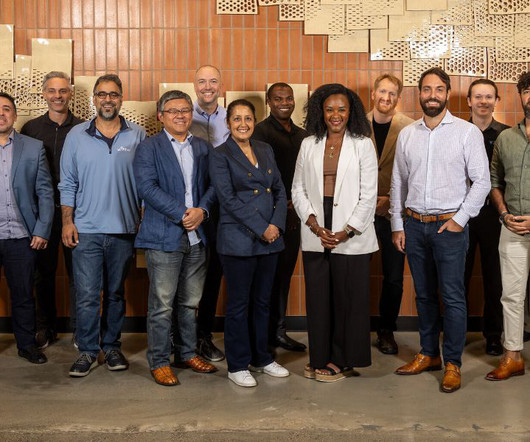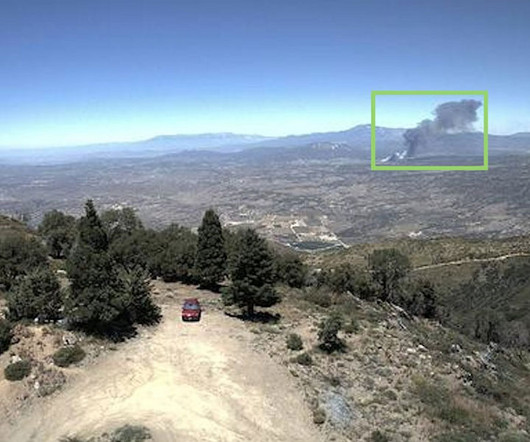Hurricane season 2023: Supporting hurricane response efforts with the cloud
AWS Public Sector Blog
JUNE 1, 2023
While the 2023 hurricane season kicks off June 1, the reality is that Amazon Web Services (AWS) is working to help organizations and communities respond to hurricanes long before a storm forms. Pictured: A customized AWS Disaster Response Jeep in a field test exercise.












Let's personalize your content